Regions
Building inclusive food systems will require innovation and investment at the regional and country levels.
- Africa
- Middle East & North Africa
- Central Asia
- South Asia
- East & Southeast Asia
- Latin America & the Caribbean
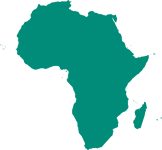
Africa
Ousmane Badiane, Julia Collins, and Tsitsi Makombe
Significant efforts have been made to increase inclusion of the rural poor, youth, and women, but growth and regional integration can create winners and losers.
DOWNLOAD SECTION | READ SUMMARY
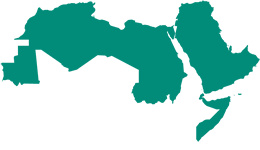
Middle East & North Africa
Fatma Abdelaziz, Clemens Breisinger, Nadim Khouri, and James Thurlow
By addressing the impacts of protracted conflicts, building inclusive food systems in the region can be a starting point for inclusive growth and employment.
DOWNLOAD SECTION | READ SUMMARY
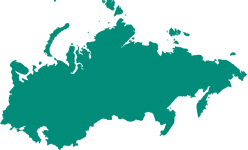
Central Asia
Kamiljon Akramov, Roman Romashkin, Allen Park, and Jarilkasin Ilyasov
With a growing working-age population and high rural unemployment, creating agrifood system jobs for women and youth must be a priority.
DOWNLOAD SECTION | READ SUMMARY
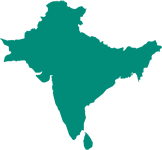
South Asia
Shahidur Rashid, Akhter Ahmed, and Abdul Wajid Rana
Well-designed policy levers can make South Asia’s food system transformation more inclusive and sustainable.
DOWNLOAD SECTION | READ SUMMARY
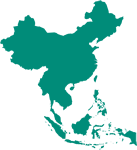
East & Southeast Asia
Kevin Chen, Peter Timmer, David Dawe, and Mengyao Li
Economic uncertainty related to trade disputes, weakening global demand for the region’s exports, African swine fever, and the outbreak of coronavirus threaten food security for the most vulnerable.
DOWNLOAD SECTION | READ SUMMARY
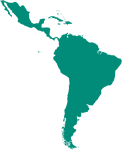
Latin America & Caribbean
Eugenio Díaz-Bonilla and Valeria Piñeiro
The scale of increasingly modern and complex food value chains—from producers to retailers—offers potential for inclusion of vulnerable groups, including women and youth.
